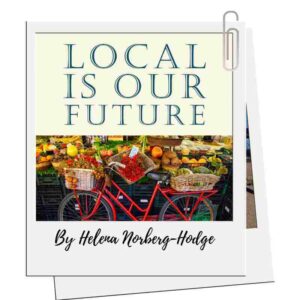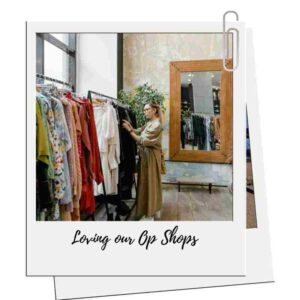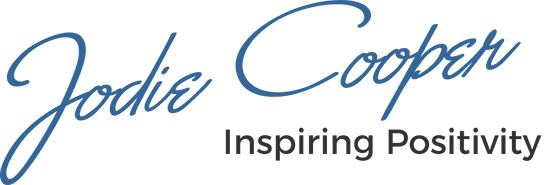 “Local is Our Future” by Helena Norberg-Hodge is a compelling book offering localism as a solution to the world’s most pressing issues. Norberg-Hodge is an advocate for local economies, communities and sustainable living. She presents a thought-provoking argument for the importance of returning to a more local way of life.
“Local is Our Future” by Helena Norberg-Hodge is a compelling book offering localism as a solution to the world’s most pressing issues. Norberg-Hodge is an advocate for local economies, communities and sustainable living. She presents a thought-provoking argument for the importance of returning to a more local way of life.
Helena shares her story of living in a rural village in Tibet called Ladakh back in the 70’s and 80’s. She saw the village transition from a wholesome and happy, self-sufficient community, to a global town where the local produce became more expensive than imported goods. She witnessed firsthand, the downshift in community connections, the increase in unemployment, the rise of sugar laden foods and plastic, mass produced products and the ensuing mental health challenges of the local people.
Key challenges of globalisation include:
Loss of Cultural Diversity: With the advent of the internet, many small local communities have been exposed to ‘big city’ ideas, styles, standards and expectations. She used the term ‘mono-culture’ to describe how cultural diversity is diminishing and being replaced with what’s current on Tic-Toc. From language to fashion, food to transport, what’s ‘popular’ is becoming normalised.
 Environmental Degradation: As globalisation increases, more people are purchasing more stuff. It’s horrifying to think that if we all consumed at the rate of the average American, we will require 5 planet Earth’s. The pursuit of economic growth has led to the exploitation of natural resources, the degradation of ecosystems and accelerated climate change.
Environmental Degradation: As globalisation increases, more people are purchasing more stuff. It’s horrifying to think that if we all consumed at the rate of the average American, we will require 5 planet Earth’s. The pursuit of economic growth has led to the exploitation of natural resources, the degradation of ecosystems and accelerated climate change.
Social Disconnection: As communities become increasingly disconnected from the sources of their food, goods, and services, we rely on an ever fragile global system for our most essential goods. I love talking with the people who grew my food, there’s something wholesome and meaningful in thanking them for my food.
Norberg-Hodge believes localisation is the answer to these global challenges. As communities focus on becoming more self-sufficient again, we will see more local produce, opportunities for connection and more meaningful employment emerge.
By valuing local knowledge and skills, communities can celebrate their unique identities and strengthen social bonds, enhancing overall well-being and resilience. If economic power becomes more local, we can create more equitable and inclusive economies that prioritise human well-being over profit maximisation.

Here are some of the things we do to promote our local economy and community.
- Find a local market and experiment with what produce you can purchase their, instead of the large grocery chains. We love Kiama Farmers Markets.
- Check out your local Op-Shop. They have pre-loved, and often brand new clothes. Our local Salvo’s is our ‘Go-To.’
- Be neighbourly and share your produce, or lend a hand where you can. We share our eggs, and our neighbour drops off lemons. Perfect.
- Get involved with your community and nurture relationships that will create a lovely ripple effect locally.
- Buy local and buy less. Ask yourself ‘do I actually need that?’ If so, is there a way to get it from a local business?
- Listen to the ‘Local Futures’ Podcast – for some inspiration and motivation to improve our world.
“Local is Our Future” offers a compelling vision for a more sustainable, equitable, and interconnected world. We need individuals, communities, and policymakers to prioritise the well-being. While financial growth and globalisation matter, they should not be detrimental to our planet or human wellbeing.
Sometimes however, there’s a gap between feeling inspired, and actually having the time and energy to make a positive shift. If you’re too busy, stressed or just can’t seem to find the time, perhaps there’s an opportunity to rethink things. When I start with clients, they often feel overwhelmed, but know there’s a better way. A few weeks in, they feel different, have some positive habits and are regaining their confidence and motivation. If that’s of interest, have a look at my positive psychology coaching program. It may just give you the boost you need to become the sort of person you want to be.







